JESUS did four things. He gave us a way of life which is second to none; he was publicly and brutally killed and three days later rose from the dead; he proved mastery over the world’s natural forces (wind, waves and weather) and human imperfection, illnesses, mental incapacities etc; and he was seen to converse with people not of this world in the transfiguration.
Not only did Jesus do these things, but he also told us that we could and would be able to do them. The Acts of the Apostles relates that Peter did them and then Paul, who never met Jesus, did them.
For the first 300 years, Christians enthusiastically prayed for the sick, cast out evil spirits and raised the dead for two reasons: first, it shows Jesus’s love and compassion, and second as a witness to the truth.
When the Roman Emperor Constantine came to power, he wanted a religion which was empire-wide, agreed by everyone and obedient to the emperor (he appointed civil servants as bishops).
Pre-Constantine Christianity was faced with a series of hurdles. Changes took place so gradually that Christians didn’t even realise they had lost anything. The endpoint was that something as fundamental as healing of human imperfections started to fade.
First, the laity asked the priests to do it, because “the ordained were so much better than the laity”. Second, the priests asked the bishops to do it. The bishops asked the archbishops and, finally, the archbishops asked the monarchs to do it.
In England, the last monarch to exercise the royal touch of healing was Queen Anne (she had agents who scoured the country to make sure no-one else did it). At this point what Jesus had promised you and me gently faded away.
A spirit of fear of failing and not of faith had grown up and had become the order of the day.
We were told that we need a spirit of faith. It’s like turning on a light switch. We know the light will go on. We need to “know” what Jesus promised us will happen.
Alan Coode
Reader in the Parish of St Austell
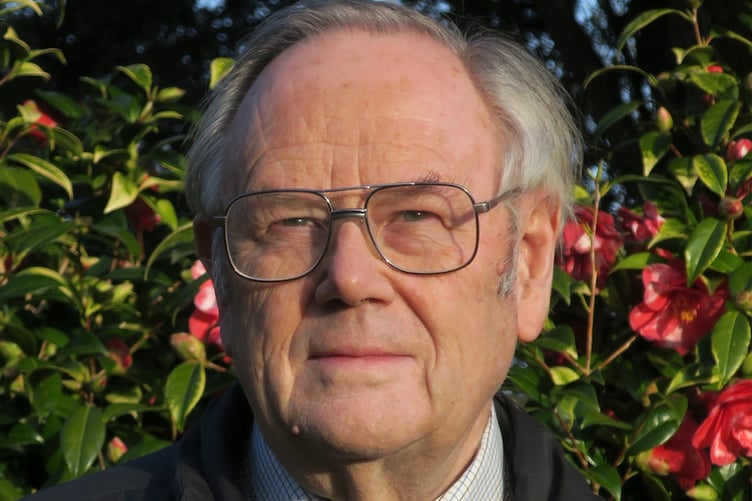
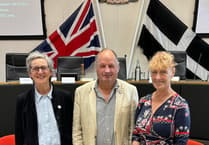
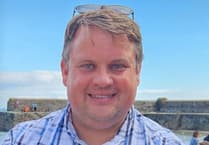
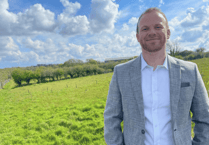
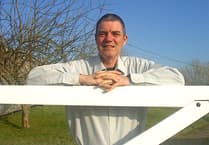
Comments
This article has no comments yet. Be the first to leave a comment.